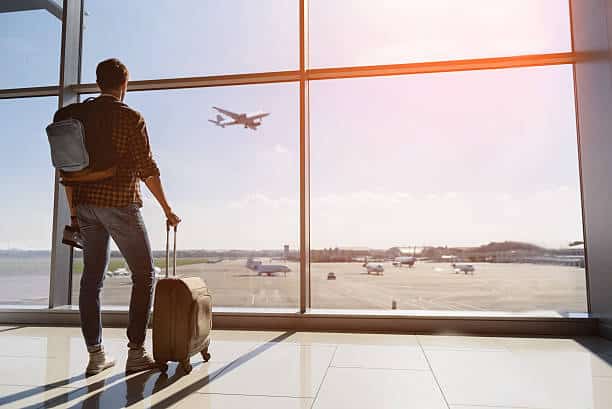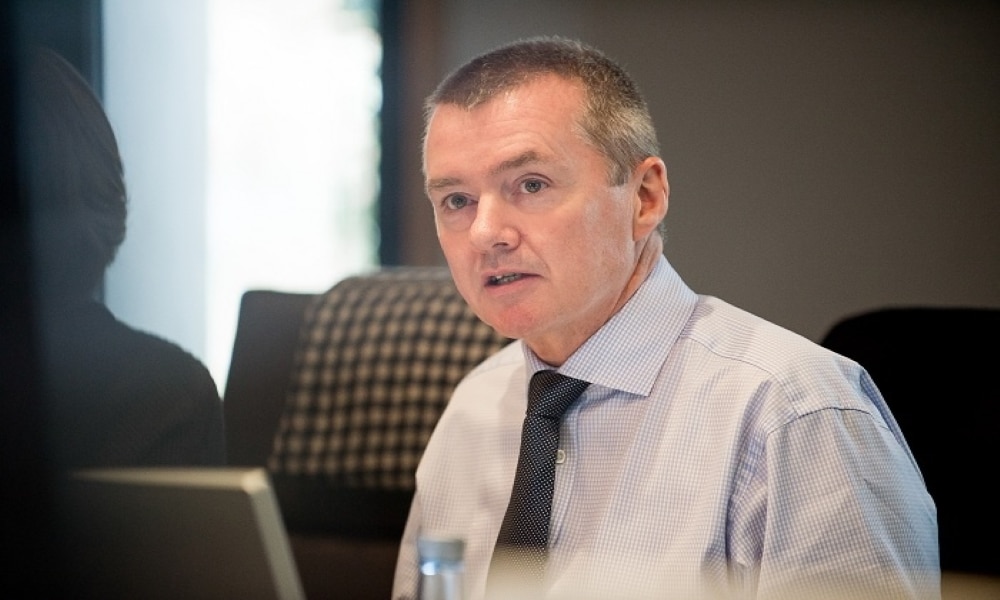
The post-Covid recovery in air travel passenger demand continued in October and continues to edge closer to pre-pandemic levels, latest monthly figures from aviation industry group the International Air Transport Association (IATA) show.

Total commercial air traffic, in October, increased by 31.2% year-on-year; meaning globally traffic is now at 98.2% of pre-pandemic levels.
The continued recovery has been driven by domestic traffic, which was up nearly 34%, year-on-year, in October. International air traffic is growing, too, but at a slower rate of 29.7%.
All major regions – Europe, North America, Africa, Latin America, Asia-Pacific, Middle East – saw healthy double-digit international passenger demand.
“October’s strong result brings the industry ever closer to completing the post-pandemic traffic recovery. Domestic markets remain above pre-COVID levels. International demand is recovering, but more slowly. In particular, Asia Pacific carriers’ international demand is 19.5% behind 2019. This could reflect the late lifting of COVID restrictions in parts of the region as well as commercial developments and political tensions,” said Willie Walsh, IATA’s Director General.

“People assign a high value to the freedom to travel. The strong demand we’ve seen all year confirms that. And aviation is committed to ensuring that people can continue to enjoy this freedom. To do that in the long-term, we must also meet our commitment to achieve net zero carbon emissions by 2050. Last month, the Third Conference on Aviation Alternative Fuels (CAAF/3) agreed a global framework to promote Sustainable Aviation Fuel (SAF) production with the aim that aviation fuel in 2030 is 5% less carbon intensive than fossil fuel used today. Now, governments need to support that target by immediately putting in place policies to stimulate SAF production. It bears repeating: last year, every drop of SAF that was produced was purchased. The same thing will occur this year. But, with a few notable exceptions, governments are not living up to their obligations to ensure SAF is plentiful and affordable to support the industry’s energy transition,” said Mr Walsh.




